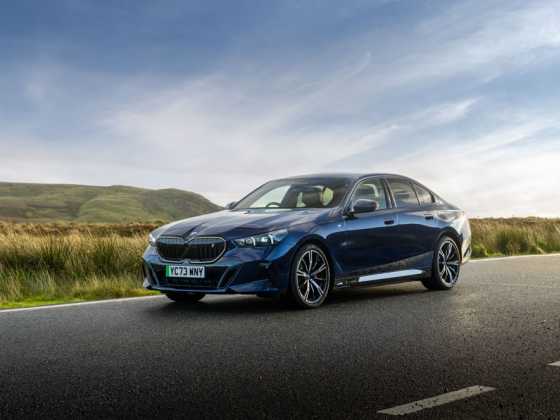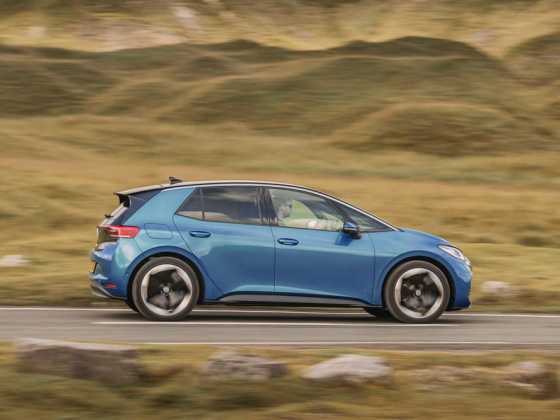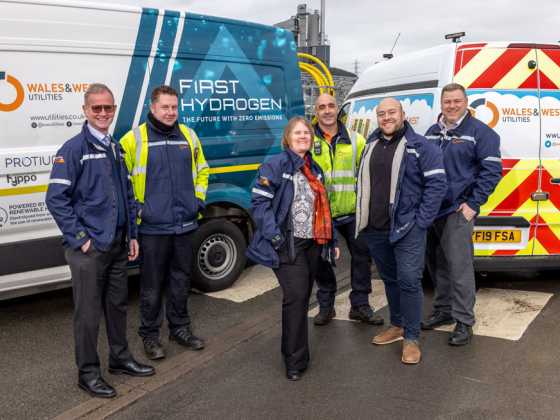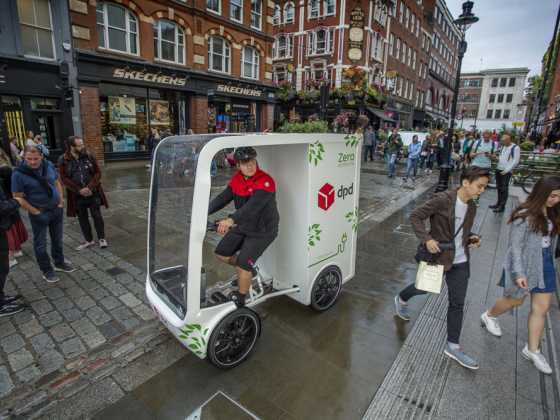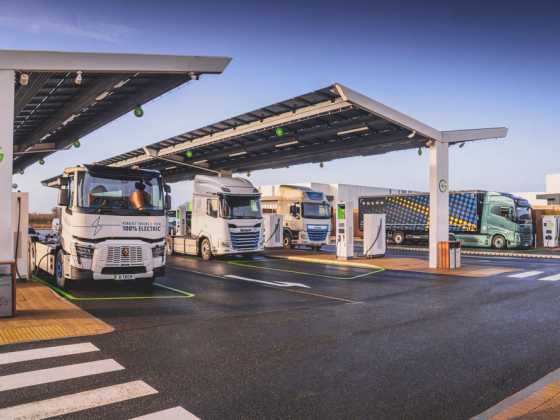What businesses need to keep putting EVs on the road
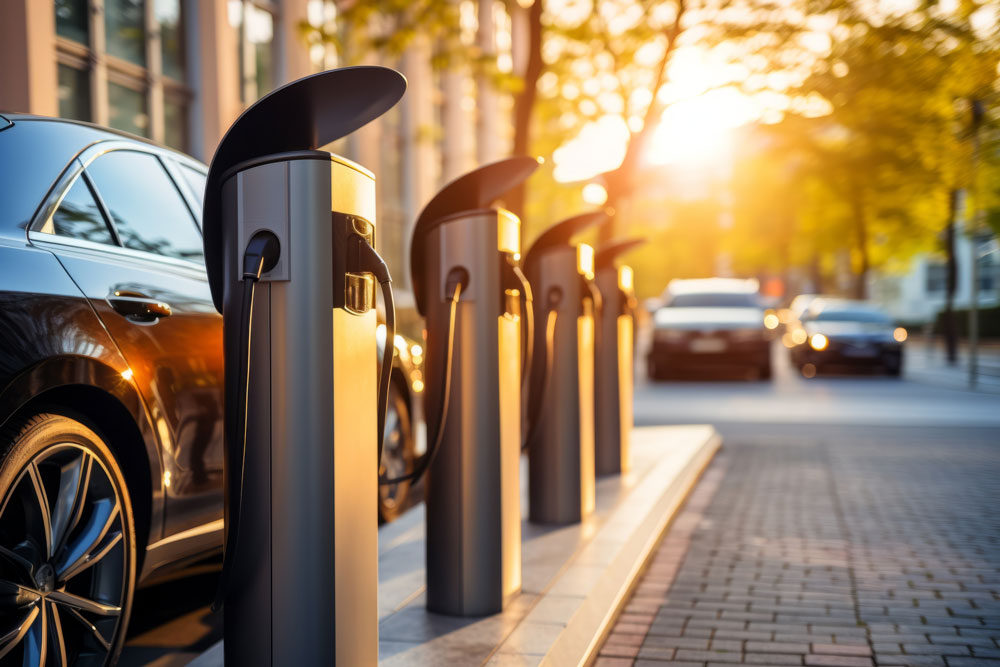
With the support of over twenty of the country’s largest fleets, the UK Electric Fleets Coalition published its latest policy paper, which sets out what the government can do to help businesses continue to switch to EVs. The Climate Group’s Dominic Phinn explains more
The Society of Motor Manufacturers and Traders’ data shows that one in six cars sold in the UK so far in 2023 are zero emission vehicles. The majority of these are procured by companies who continue to scale up their ambition – UK Electric Fleets Coalition Signatories alone have already made ambitious commitments to transition over 750,000 vehicles to electric, along with installing charging infrastructure at over 1,000 company locations.
In total, UK businesses’ commitments make up nearly 15 per cent of the global vehicle commitment of our EV100 initiative. So, UK businesses are clearly at the forefront of the shift to electric, and it’s only right that government policy helps make those commitments a reality.
This year, we expressed our disappointment that the government decided to delay the phase-out date of the sale of new petrol and diesel cars from 2030 to 2035. Clear, ambitious phase-out dates send a clear market signal to manufacturers, helping to increase supply and make it easier for companies to source EVs for their fleets. The decision created uncertainty for business and investors and damaged the UK’s international reputation as a climate leader.
We also finally received confirmation that the UK’s zero emission vehicle (ZEV) mandate will come into force in 2024, with 90 per cent of sales needing to be zero emission by 2030. This clarity helps businesses invest in confidence and certainty in their EV fleets.
Helping businesses make the switch
Against this backdrop, earlier this month, with the support of over twenty of the UK’s largest fleets, we published the UK Electric Fleets Coalition’s (UKEFC) latest policy paper.
We’ve set out exactly what the government can do to help businesses continue to switch to EVs and maintain the momentum behind the UK’s EV transition.
We’re all noticing more and more EVs on our roads, and while the progress is heartening, businesses are still contending with significant barriers to keep rolling out EVs across their fleets. Despite the variety of EVs increasing significantly over the last year, for companies looking for vehicles able to carry large loads over long distances, options remain limited.
Charging infrastructure
Over the last year, we’ve welcomed new regulations around reliability of chargepoints, and while the UK’s charging network continues to grow, public charging infrastructure needs to reflect the needs of all EV drivers, particularly fleet drivers with electric vans. Car-focused public charging infrastructure can work for smaller vans, but as companies push forward electrifying their fleets of larger, heavier vans, much of the existing infrastructure is difficult to access. Van-accessible bays alongside a faster roll-out of power to key locations, vital to quickly charge larger vehicles, are crucially important as the UK’s infrastructure develops.
Furthermore, there’s currently a significant difference between home and public charging prices, which penalises drivers that don’t have access to a driveway and so cannot charge their EVs at home.
This makes it harder for businesses to fully convert their fleets, as many drivers will take their company EVs home with them each day. 30 per cent of UK households don’t have access to off-street parking, meaning they’ll need on-street infrastructure to charge their vehicles if they’re to go electric. Currently, planning rules, lack of local authority action and a lack of data and information are all contributing to the sluggish roll-out of on-street charging.
Our paper calls on the government to recognise the vital role on-street, kerbside infrastructure will play in the future of the UK’s public charging network, and introduce a “right to plug”, which would allow EV drivers to request access to chargers in the local area. We also want to see fast tracked approval for installation of pavement gullies to allow the safe positioning of charging cables across pavements outside homes. These measures can help businesses go further, faster.
Simplifying grid upgrades
Public charging will not meet the needs of depot-based fleets, however, who we know face their own cost, planning and grid constraints which inhibit installation of charging infrastructure at depots and places of work.
Therefore, we’ve called on government to simplify the process for making applications for grid upgrades, so that companies can access the grid to the extent they need to power their investments in charging infrastructure, as quickly as possible. If businesses can’t be sure they grid will be able to handle their infrastructure upgrades, or that there’ll be delays getting their investments online, they’re less likely to invest in the first place – delaying their switch to electric fleets in the process.
With the majority of new vehicle purchases going into company fleets, UK businesses play a key role in the transition, and are ready to lead, both through investments in the vehicles themselves and in the charging infrastructure needed to power them across their depots and warehouses. Businesses need clear signals of continued leadership from government to keep up their investment in EV technologies. With a General Election in 2024, both major parties have an opportunity to set out a vision for the future of EVs in the UK, and need to act to alleviate the issues businesses have already identified.
The UK has shown strong leadership on EVs, but it now needs to stay the course, and keep taking supportive measures to keep the UK’s EV transition on track.
Dominic Phinn oversees Climate Group’s global transport policy work. This includes managing the UK Electric Fleets Coalition (UKEFC). This is a group of over twenty leading businesses, in partnership with BT Group, LeasePlan, Openreach and Royal Mail. Dominic can be contacted on DPhinn@theclimategroup.org

